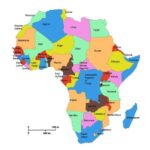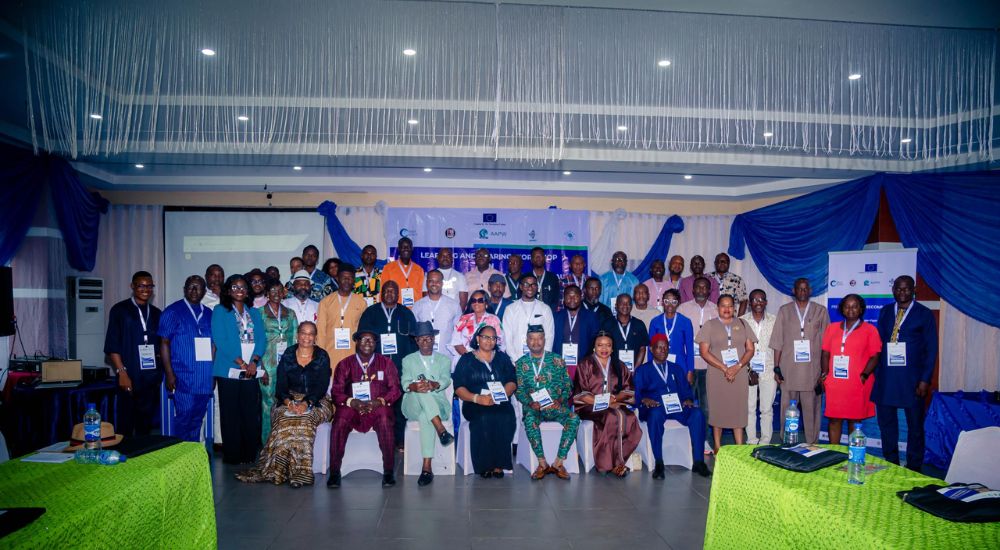Adesina Calls for Rapid Industrialization to Transform Nigeria’s Economy

At Chapel Hill Denham’s 20th anniversary celebration in Lagos, African Development Bank (AfDB) President Dr. Akinwumi Adesina emphasized the urgent need for Nigeria to accelerate its industrialization efforts to become globally competitive and significantly reduce poverty by 2050.
In his keynote address, Dr. Adesina expressed concern about Nigeria’s economic trajectory over the past decades, pointing out that the country’s per capita income is currently below what it was at independence. He stressed that Nigeria’s economic challenges have significant implications for Africa’s overall development, given Nigeria’s position as the continent’s largest economy.
“Nigeria must stop seeing underdevelopment as normal. It must rise to lead Africa,” he said.
Drawing inspiration from international success stories, Dr. Adesina suggested that Nigeria should follow South Korea’s development model, which transformed the nation from poverty to prosperity through strategic investments in savings, innovation, and manufacturing.
The AfDB president highlighted Nigeria’s industrialization shortcomings, comparing its performance unfavorably with countries like Malaysia and Vietnam in terms of manufacturing exports and value addition. To address these challenges, he advocated for substantial investments across multiple sectors, including power, infrastructure, scientific research, and agriculture, supported by private capital and effective governance systems.
Dr. Adesina showcased the AfDB-led Special Agro-Industrial Processing Zones (SAPZs) initiative as a transformative project for Nigeria’s agricultural sector. He revealed that the AfDB and its partners have allocated $3.4 billion to support Nigeria’s agro-industrial development through the implementation of SAPZs across all 36 states and the Federal Capital Territory.
These specialized zones aim to attract agricultural businesses to high-potential rural areas, facilitate value addition to raw produce, and create employment opportunities. According to Dr. Adesina, the initiative will help diversify Nigeria’s economy, reduce food imports, and position the country as a global leader in food production.
Referencing Vice President Kashim Shettima, who participated in launching the program in Kaduna and Cross River states, Dr. Adesina quoted: “These agro-industrial zones will change Nigeria.”
In conclusion, Dr. Adesina encouraged the government to maintain policies that attract private investment in agriculture and rural development, stating: “Reimagining Nigeria’s future means making agriculture a business, not a way of survival.”





